Unveiling the Power of 10 Low-Calorie Foods for Better Health and Wellness
Table of Contents
Discover how to energize your body with low-calorie foods that will leave you feeling happy and satisfied. Dive into a world of nutritious options that will revive your spirit.
Introduction
Are you looking to maintain a healthy weight or shed some extra pounds? One effective way to achieve your goals is by incorporating low calorie foods into your diet. By choosing foods that are low in calories but high in nutrients, you can fuel your body without consuming excess calories. In this blog post, we will explore the top 10 low calorie foods that you can add to your meals and enjoy guilt-free.
Low-Calorie Foods: Why They Matter
Low calorie foods are a great way to stay satisfied while managing your calorie intake. These foods are often packed with essential vitamins, minerals, and antioxidants, making them an excellent choice for your overall health. By choosing low calorie options, you can create a balanced and nutritious diet that supports your weight management goals. Let’s explore the top 10 low-calorie foods that you can incorporate into your meals:
- Spinach
- Broccoli
- Cauliflower
- Lean Protein Sources (such as chicken breast or tofu)
- Berries (such as blueberries and strawberries)
- Apples
- Greek Yogurt
- Quinoa
- Oats
- Lentils
Lets explain the health benefits of these low-calorie foods
Spinach:
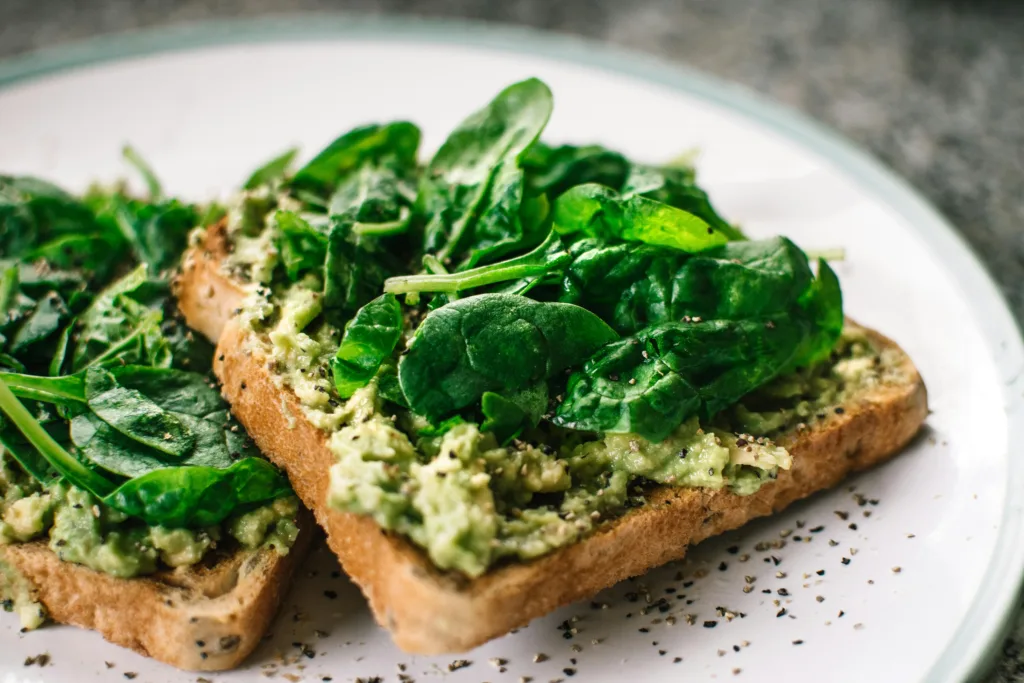
- Health Benefits: Spinach is low in calories but rich in essential nutrients such as vitamins A, C, and K, as well as folate, iron, and calcium. It supports eye health, boosts immune function, promotes bone health, aids in digestion, and may help regulate blood pressure due to its potassium content.
Broccoli:
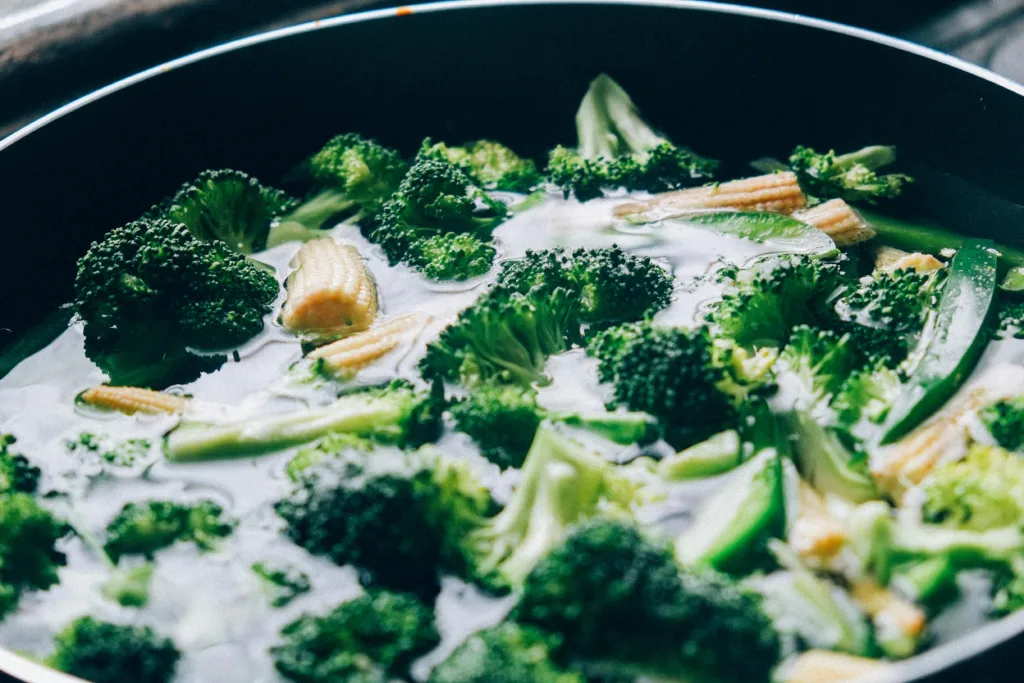
- Health Benefits: Broccoli is a nutritional powerhouse low in calories but high in fiber, vitamins C and K, folate, and antioxidants like sulforaphane. It supports digestive health, strengthens the immune system, promotes heart health by lowering cholesterol levels, and may reduce the risk of certain cancers.
Cauliflower:
- Health Benefits: Cauliflower is a versatile low-calorie vegetable rich in fiber, vitamins C and K, folate, and antioxidants such as glucosinolates. It supports digestion, promotes detoxification, boosts brain health, and may help reduce the risk of chronic diseases like cancer and heart disease.
Lean Protein Sources (such as chicken breast or tofu):
- Health Benefits: Lean protein sources like chicken breast and tofu are low in calories but high in protein, essential amino acids, vitamins, and minerals. They support muscle growth and repair, promote satiety and weight management, boost metabolism, and provide sustained energy levels.
Berries (such as blueberries and strawberries):
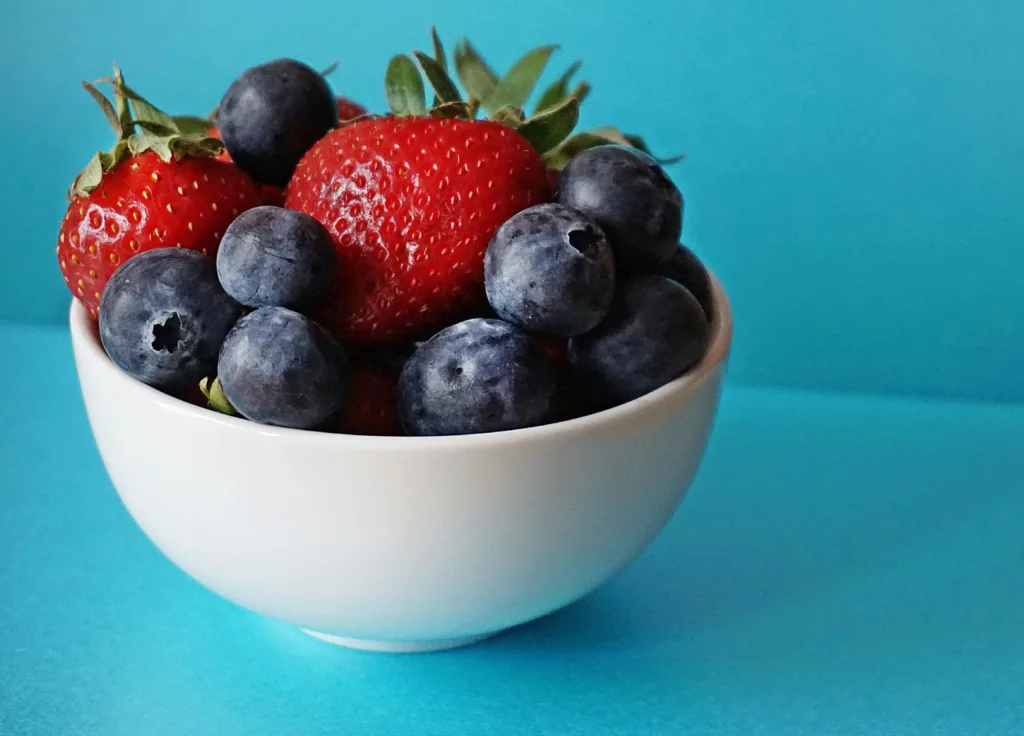
- Health Benefits: Berries are low in calories but rich in antioxidants, fiber, vitamins C and K, and various phytochemicals. They support heart health by lowering cholesterol and blood pressure, promote brain health and cognitive function, aid in weight management, and may reduce inflammation.
Apples:
- Health Benefits: Apples are a low-calorie fruit high in fiber, vitamin C, and antioxidants like flavonoids and polyphenols. They support digestive health, promote heart health by lowering cholesterol levels, aid in weight management by promoting satiety, and may help regulate blood sugar levels.
Greek Yogurt:
- Health Benefits: Greek yogurt is a low-calorie dairy product rich in protein, calcium, probiotics, and essential nutrients like vitamin B12 and potassium. It supports digestive health, strengthens bones, promotes muscle growth and repair, aids in weight management by increasing satiety, and may improve immune function.
Quinoa:
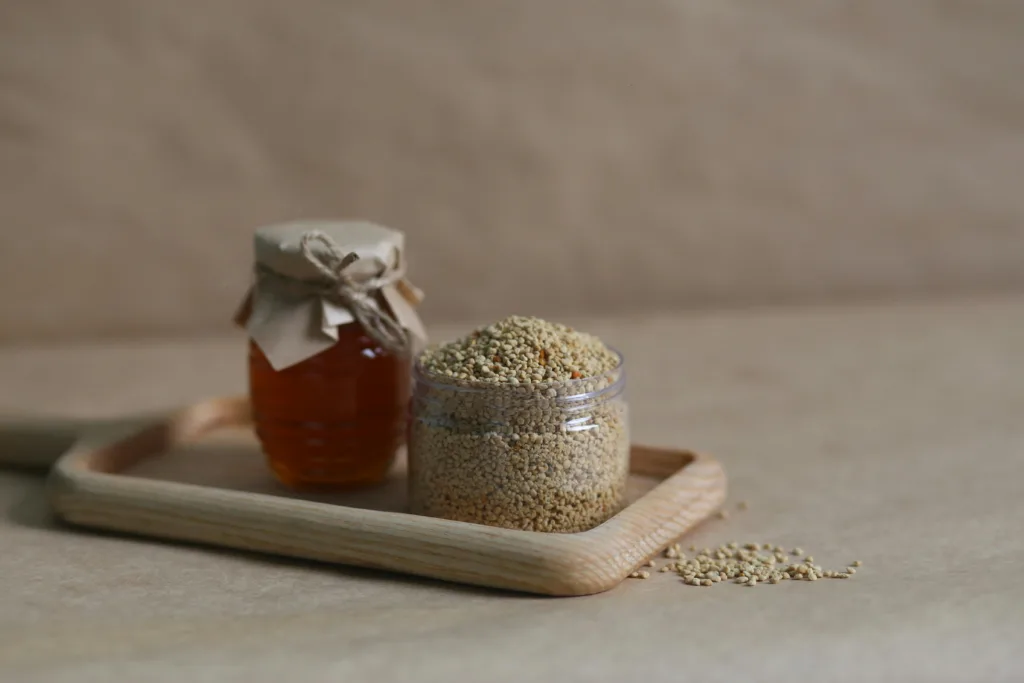
- Health Benefits: Quinoa is a nutrient-dense whole grain low in calories but high in protein, fiber, vitamins, and minerals like magnesium, iron, and zinc. It supports heart health by lowering cholesterol levels, aids in weight management by promoting fullness, regulates blood sugar levels, and provides sustained energy.
Oats:
- Health Benefits: Oats are a low-calorie whole grain packed with fiber, protein, vitamins, and minerals like manganese and phosphorus. They support digestive health, promote heart health by lowering cholesterol levels, aid in weight management by keeping you full, and may help regulate blood sugar levels.
Lentils:
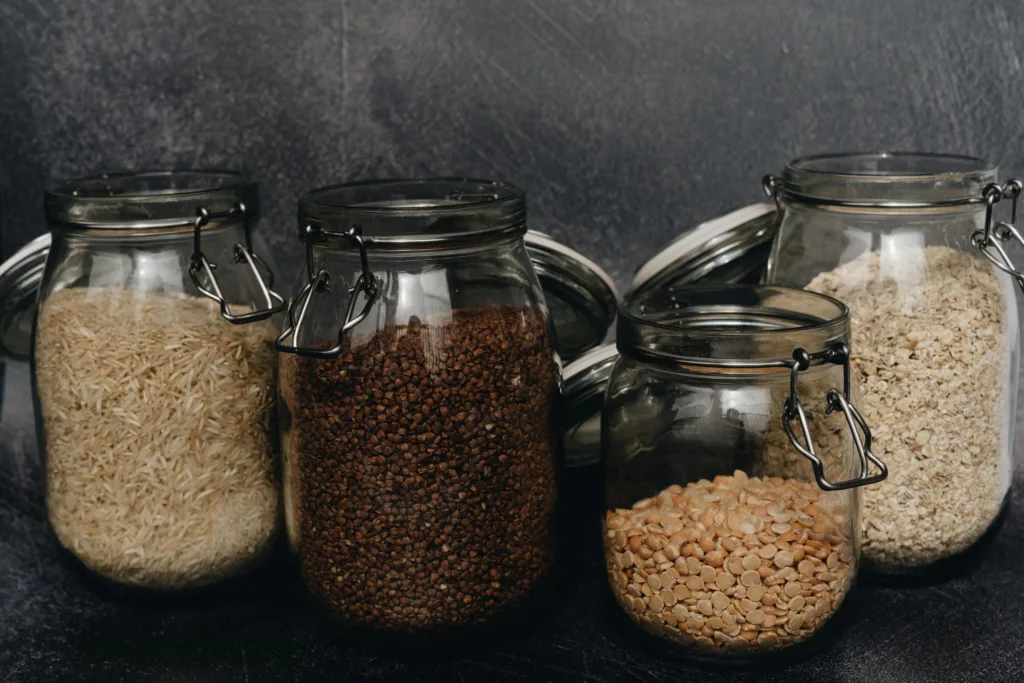
- Health Benefits: Lentils are a low-calorie legume rich in protein, fiber, vitamins, and minerals such as folate, iron, and potassium. They support digestive health, promote heart health by lowering cholesterol levels, aid in weight management by promoting satiety, and may help regulate blood sugar levels.
Frequently Asked Questions About Low-Calorie Foods
Q: What are low-calorie foods? A: Low-calorie foods are those that contain minimal calories per serving, making them ideal choices for individuals seeking to maintain or achieve a healthy weight. These foods are typically rich in essential nutrients such as vitamins, minerals, and antioxidants.
Q: How do low-calorie foods support weight management? A: Low-calorie foods promote satiety, helping to curb hunger and prevent overeating. By incorporating these foods into one’s diet, individuals can effectively manage their caloric intake without sacrificing nutrition, thus supporting weight loss and weight maintenance goals.
Q: What are some examples of low-calorie foods? A: Examples of low-calorie foods include fruits, vegetables, whole grains, lean proteins, legumes, nuts, and seeds. These foods are nutrient-dense, meaning they provide essential nutrients while containing relatively few calories.
Q: Are all low-calorie foods healthy? A: While many low-calorie foods are indeed healthy choices, it’s essential to consider the overall nutritional profile of a food rather than just its calorie content. Some low-calorie foods may be highly processed or contain added sugars or unhealthy fats, which can diminish their healthfulness.
Q: Can low-calorie foods help improve heart health? A: Yes, many low-calorie foods, such as fruits, vegetables, whole grains, and lean proteins, are rich in heart-healthy nutrients like fiber, potassium, and antioxidants. Consuming these foods regularly can help lower cholesterol levels, reduce blood pressure, and decrease the risk of cardiovascular disease.
Q: How can I incorporate more low-calorie foods into my diet? A: You can incorporate more low-calorie foods into your diet by embracing variety, making smart substitutions, and planning ahead. Explore a diverse array of low-calorie options, swap out calorie-dense ingredients for healthier alternatives, and prioritize nutritious meals and snacks in your meal planning.
Q: Are low-calorie foods suitable for everyone? A: While low-calorie foods can be part of a healthy diet for most people, individuals with specific dietary restrictions or medical conditions should consult with a healthcare professional or registered dietitian before making significant changes to their eating habits.
How to Incorporate Low-Calorie Foods into Your Daily Meals
Now that you know some of the best low-calorie foods to include in your diet, let’s discuss how you can incorporate them into your meals. Here are some tips:
- Start your day with a nutritious breakfast that includes low-calorie foods like oats or Greek yogurt with berries.
- Add a side of steamed broccoli or cauliflower to your lunch or dinner.
- Snack on apple slices or a handful of berries between meals to keep hunger at bay.
- Incorporate lean protein sources like chicken breast or tofu into your main meals.
- Experiment with quinoa and lentils as delicious and filling alternatives to traditional grains.
By making small changes to your daily meals and choosing low-calorie foods, you can gradually improve your overall health and manage your weight more effectively.
Conclusion
In conclusion, low calorie foods play a crucial role in maintaining a healthy diet and achieving your weight management goals. By incorporating nutrient-dense foods like spinach, berries, and lean protein sources into your meals, you can create a balanced and satisfying diet. Remember to choose a variety of low calorie options to ensure you are getting all the essential nutrients your body needs. Start today by adding some of the top 10 low calorie foods mentioned above to your next grocery list and enjoy the benefits of a healthier diet.
Don’t wait any longer – start incorporating these delicious and nutritious low calorie foods into your meals today! Before you know it, you’ll be on your way to a healthier and happier you.
Let’s make a commitment to our health and well-being starting now with these low calorie foods. Your body will thank you for it!
Share this content:






Post Comment